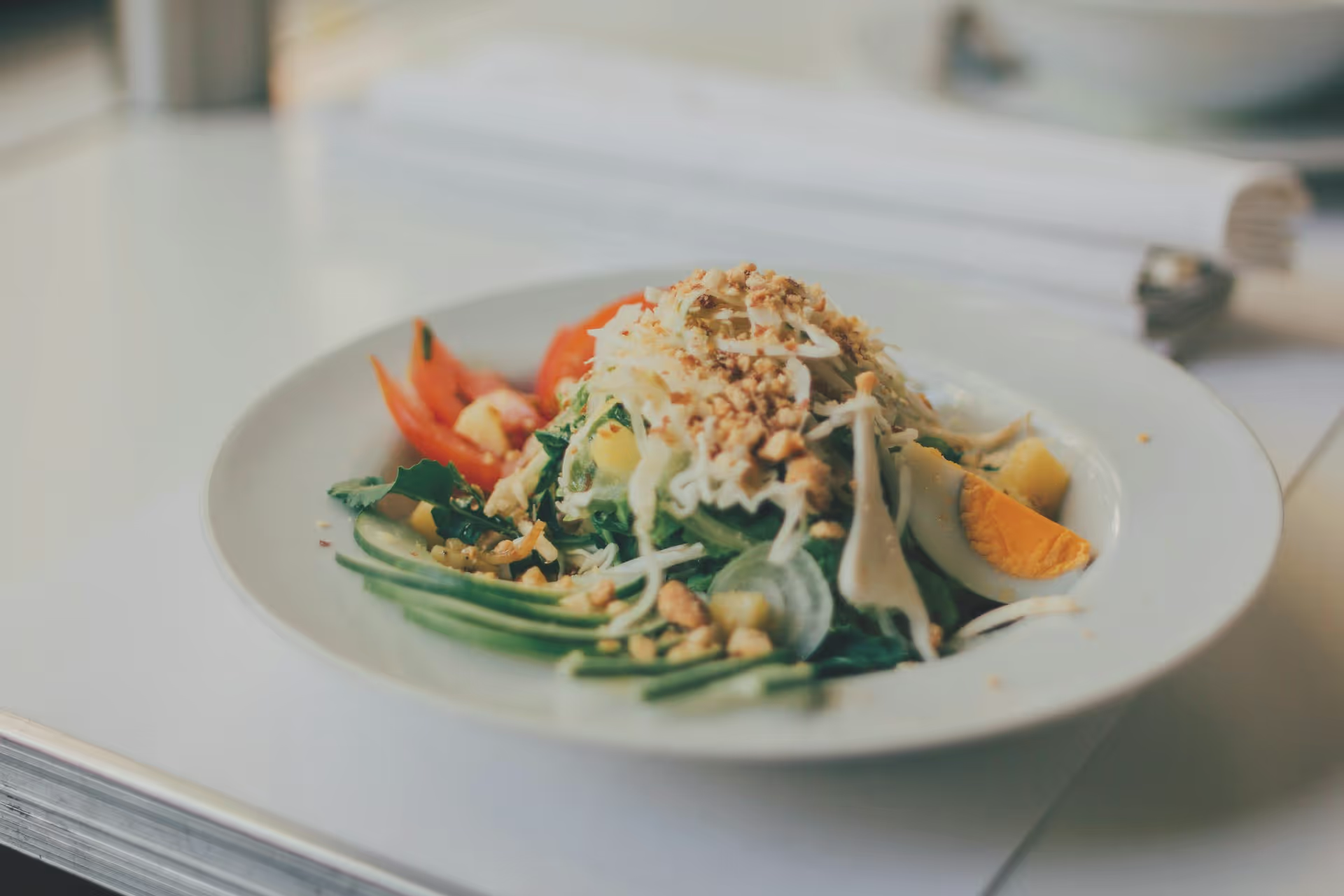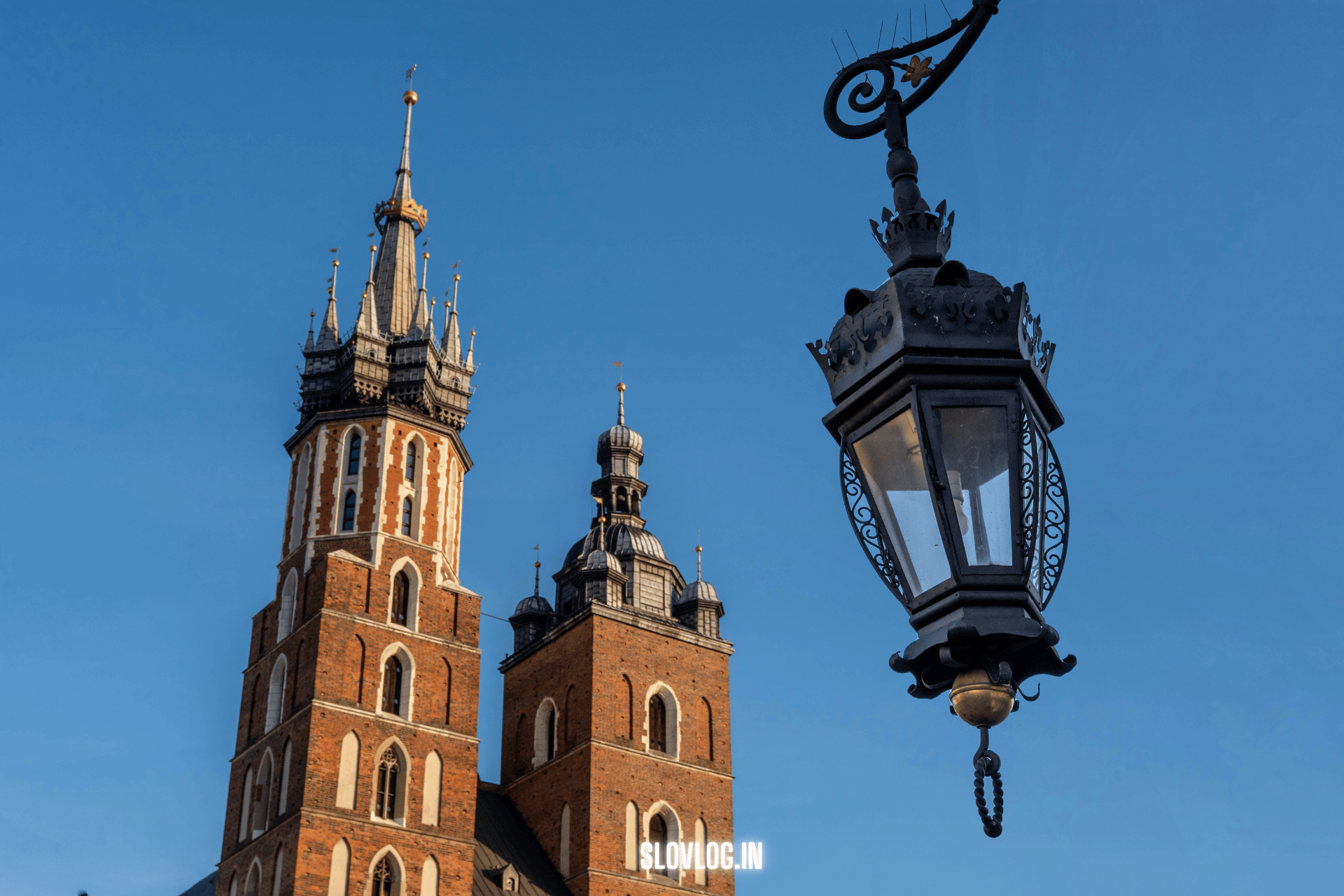When the World Speeds Up, Your Mind Slows Down
There’s a strange thing that happens when life moves too fast — we stop noticing that we’ve stopped breathing.
You open your laptop before the morning light has settled.
Messages, headlines, meetings — the day starts sprinting before you’ve even stood up.
You tell yourself it’s normal, that this is what progress looks like. But deep down, a quiet part of you knows: you’re not tired from working hard. You’re tired from never stopping.
Our bodies were built for rhythm — inhale, exhale, rest, move.
But modern life flattened that rhythm into a single continuous motion: go.
And it’s taking a toll on our minds.
What Stress Does to the Brain
Neuroscientists at Yale University discovered that chronic stress literally shrinks the prefrontal cortex — the part responsible for decision-making and emotional regulation — while enlarging the amygdala, the fear center.
That’s why constant pressure doesn’t just exhaust us; it rewires us to feel anxious even when nothing’s wrong.
On the other hand, studies from the University of California show that slower, more mindful living reverses those effects — reducing cortisol, rebuilding gray matter, and restoring emotional balance.
Slow living isn’t an escape. It’s a recalibration — returning your nervous system to its original rhythm.
Mental Clarity: The Science of Doing Less
In a culture that glorifies multitasking, we’ve trained ourselves to mistake movement for progress.
But neuroscience disagrees. Studies show that switching tasks repeatedly reduces cognitive efficiency and temporarily lowers IQ, mimicking the effects of mild sleep deprivation.
The slow living mindset invites something radically simple: one thing at a time.
When you mono-task, you give your brain the space it needs to think clearly again.
How to apply it:
- Set clear boundaries between deep work and rest.
- Try the one-task rule: finish before you switch.
- Declutter your schedule — replace quantity with quality.
Your focus sharpens when your mind finally stops fighting for attention.
The Stress-Reducing Power of Nature and Silence
Silence has become a rare resource — almost a luxury.
Yet nature still speaks in a language our nervous systems understand.
Researchers in the International Journal of Environmental Health Research found that 20 minutes in green space lowers cortisol by over 20%.
And silence itself reduces heart rate and activates the brain’s restorative networks — something no productivity hack can replicate.
Slow living in practice:
- Walk outside without headphones.
- Sit near water or trees and simply breathe.
- Trade background noise for natural sound — birds, rain, wind.
When you let the environment slow you down, your body follows.
Digital Minimalism: The Hidden Weight of Constant Connection
The average person checks their phone 260 times a day.
Each check is small, but together they fragment your attention into seconds — leaving the mind jumpy, never fully at rest.
A study from the Journal of Social and Clinical Psychology shows that limiting screen time to under two hours a day significantly lowers anxiety and improves sleep quality.
Slow living isn’t anti-technology. It’s intentional technology.
How to apply it:
- Keep devices out of the bedroom.
- Try a 24-hour digital detox once a week.
- Use tools like Freedom or ScreenZen to block mental clutter.
The less often you reach for the phone, the more often you reach for presence.
Sleep and Rest: The Forgotten Skills
We treat rest as something to earn — a reward for exhaustion.
But real productivity begins with restoration.
Harvard Medical School found that chronic sleep deprivation increases anxiety by 30% and disrupts emotional processing.
In contrast, consistent deep rest improves resilience, focus, and emotional stability.
Slow living reminders:
- Create a nightly wind-down ritual: reading, stretching, candlelight.
- Disconnect from blue light an hour before bed.
- Let mornings unfold without rushing into screens.
Sleep isn’t the end of the day — it’s the foundation of the next one.
Connection: The Antidote to Isolation
Fast living often leaves relationships shallow — constant messages, little meaning.
But real human connection requires the same thing slow living teaches: time.
Neuroscientists at UCLA found that strong social bonds reduce cortisol and boost oxytocin, the hormone linked to trust and calm.
Slow living encourages longer meals, unhurried walks, and conversations that wander.
It’s less about doing things together and more about being together.
Try this:
- Plan dinners with no devices or time limits.
- Replace small talk with curious listening.
- Spend more time with the people who make you feel grounded.
The Mental Health Case for Slowing Down
A 2023 Journal of Behavioral Medicine study confirmed that those who practice slow living — through mindful eating, unstructured leisure, and reduced digital noise — report lower stress, better focus, and greater life satisfaction.
You don’t have to move to the countryside to feel that.
You only need to move slower where you already are.
Take a walk without a goal.
Eat without multitasking.
Pause between tasks just to breathe.
Every small slowdown teaches your nervous system safety again.
Common Questions
Is slow living realistic for people with busy jobs?
Yes. Slow living is a mindset, not a timetable. You can work fast externally and still move slowly internally — by breathing deeper, focusing on one thing, and creating pause between actions.
Will slowing down make me less productive?
No. Studies show that well-rested, mindful individuals are up to 20% more efficient. Slowness increases precision and creativity.
How do I begin?
Start with one ritual: morning silence, device-free lunch, or a short evening walk. The goal isn’t to change your schedule — it’s to change your attention.
Final Thoughts: The Courage to Be Still
Slow living isn’t the opposite of ambition — it’s ambition with awareness.
It’s choosing depth over speed, focus over frenzy, and peace over pressure.
Every time you pause, your body recalibrates.
Every breath you take consciously tells your nervous system: you’re safe, you can rest now.
Try this today:
Take ten minutes. No phone, no music. Just sit, breathe, and notice the world moving — while you don’t.
That’s not wasted time.
That’s your mind coming home.
Slovlog Insight
At Slovlog, we see slow living not as retreat, but as repair — a quiet act of rebellion in a culture addicted to speed.
Because when the world races ahead, your calm becomes your greatest strength.












